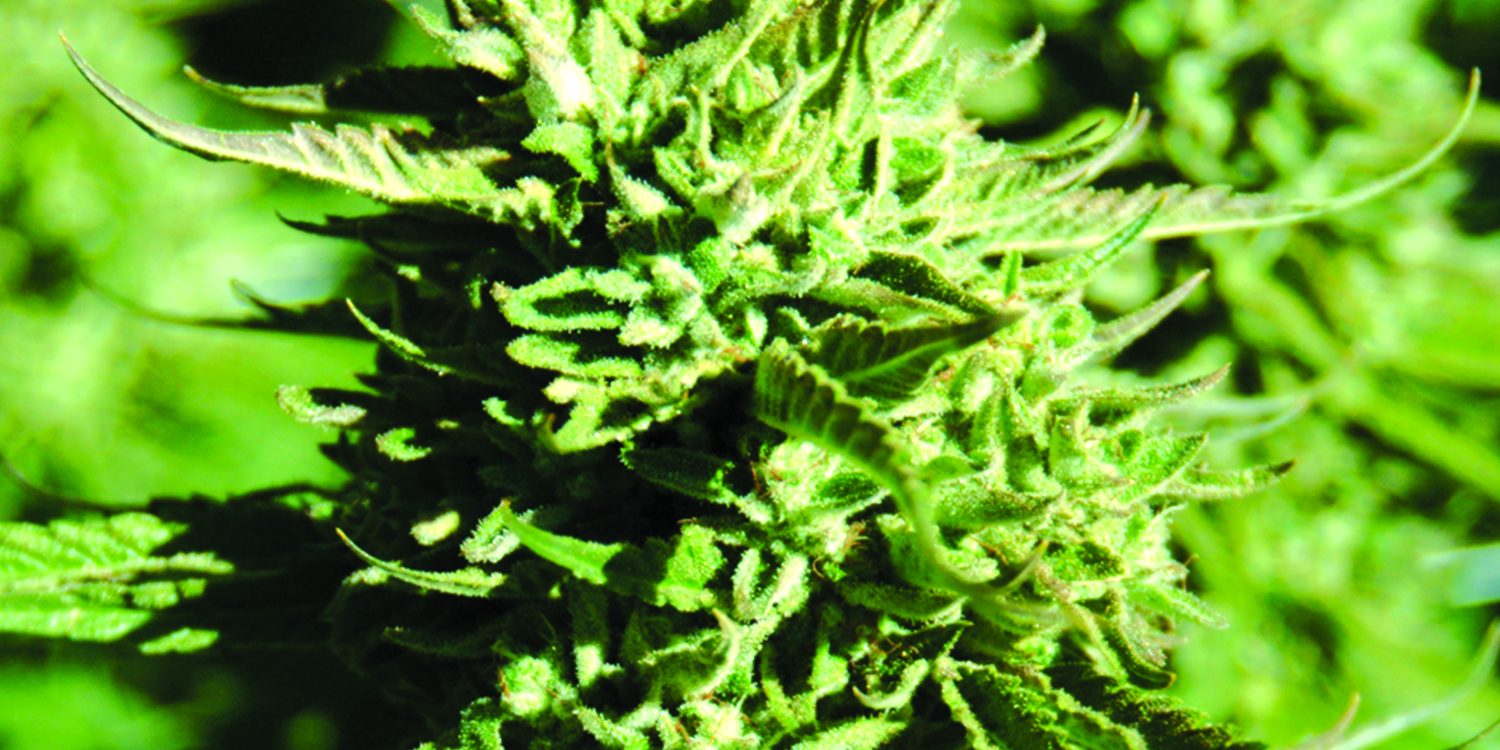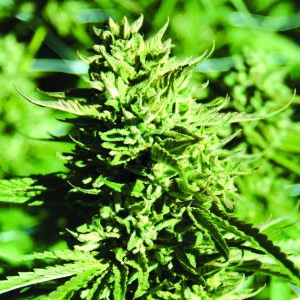Abstract
Multiple sclerosis (MS) is a chronic inflammatory and demyelinating disorder of the central nervous system (CNS) that can cause cognition, mobility, and sensory impairments. It is considered one of the most common non-traumatic causes of disability in the world. The aim of the present article was to review the clinical evidence related to medicinal plants in the management of MS symptoms. Electronic databases, including the Cochrane Library, Pubmed, and Scopus, were searched for entries from 1966 to February 2017. Only clinical studies were included in this review. Different medicinal plants have positive effects on MS, including Andrographis paniculata, Boswellia papyrifera, Ruta graveolens, Vaccinium spp., Camellia sinensis, Panax ginseng, Aloysia citrodora, Ginkgo biloba, Oenothera biennis, and Cannabis sativa. C. sativa had the highest level of clinical evidence, supporting its efficacy in MS symptoms. Proanthocyanidins, ginkgo flavone glycosides, ginsenosides, epigallocatechin-3-gallate, cannabinoids (including delta-9-tetrahydrocannabinol and cannabidiol), boswellic acid, and andrographolide were presented as the main bioactive components of medicinal plants with therapeutic benefits in MS. The main complications of MS in which natural drugs were effective include spasticity, fatigue, scotoma, incontinence, urinary urgency, nocturia, memory performance, functional performance, and tremor. Herbal medicines were mostly well tolerated, and the adverse effects were limited to mild to moderate. Further well-designed human studies with a large sample size and longer follow-up period are recommended to confirm the role of medicinal plants and their metabolites in the management of MS.
Copyright © 2018 Elsevier B.V. All rights reserved.
PMID: 28948486 DOI: 10.1007/s40263-017-0466-4
Source:Pubmed
Farzaei MH1,2, Shahpiri Z3,4, Bahramsoltani R3,4, Nia MM2,5, Najafi F6, Rahimi R7,8.
Lost Coast OG is suitable for Multiple Sclerosis
Lost Coast OG
£18.90 – £69.00Pakistani Kush x Lemon Thai x Chemdawg #4
60% indica dominant marijuana strain with a flowering time around 8-9 weeks








